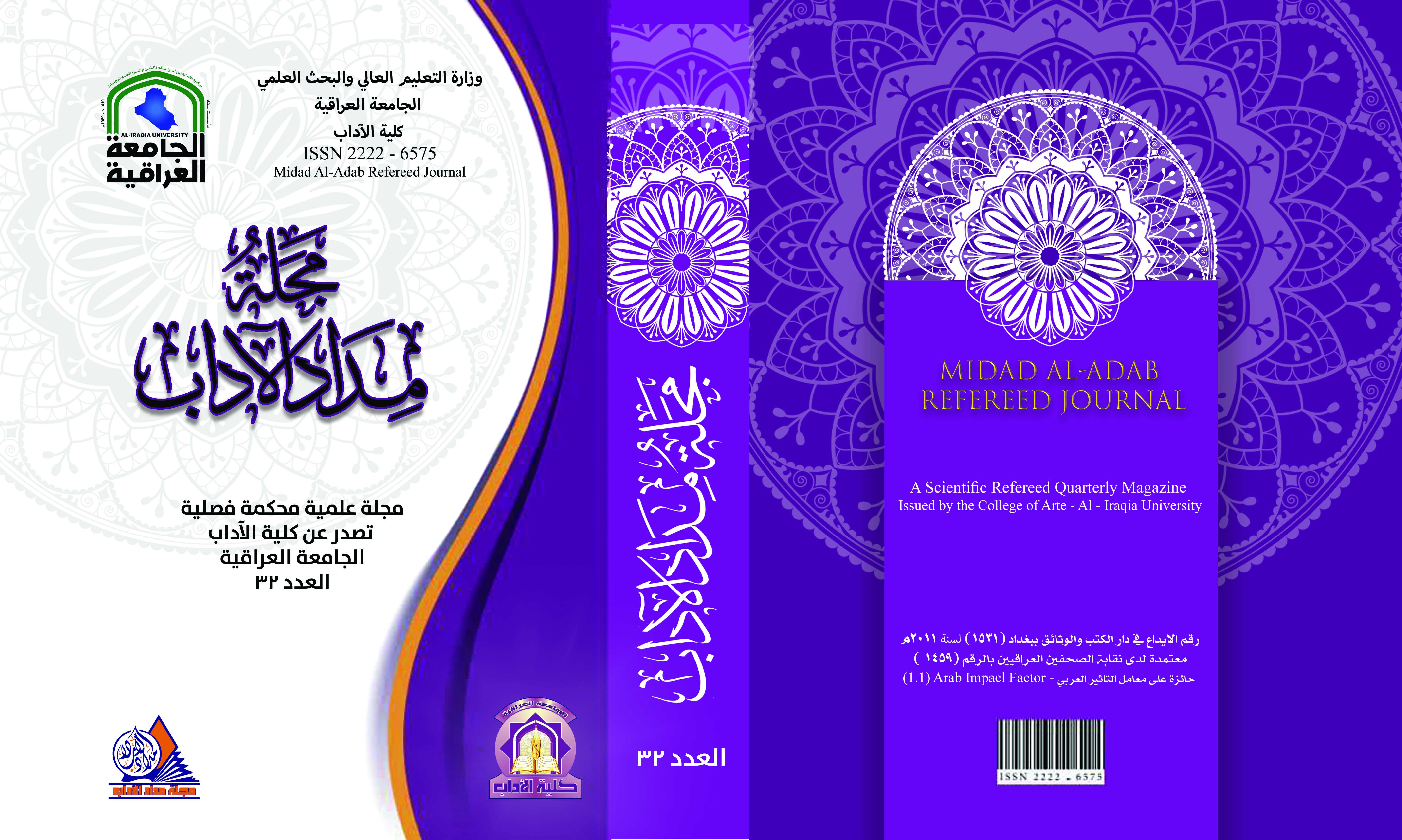A Cognitive Semantic Analysis of Selected Quranic Verses
DOI:
https://doi.org/10.58564/ma.v13i32.1100Keywords:
Keywords: abstract concepts, cognitive semantics, conceptual metaphor, ontological metaphor, Holy Quran verses, human experiencesAbstract
The current study tries to analyze selected Holy Quran verses to understand the messages through cognitive semantics since meaning-based mainly on a conceptual meaning which in turn is based on human experiences in the world that goes beyond the limited linguistic structures. The study aims to examine the role of cognitive semantics to link minds, and human experience to explain abstract ideas via analyzing some selected Quranic verses by reading and explaining them in the view of cognitive semantics and one of its theories (conceptual metaphor). Hence, the study tries to answer the main question: how cognitive semantics link minds, human experience, and language to explain abstract ideas and thoughts? To answer the question the study adopts conceptual metaphor by Lakoff and Johnson (1980) along with cognitive semantics as a model for the analysis, as it serves to facilitate the understanding of the conceptual abstract meaning that creates imageries in the readers’ minds. The analysis shows that there are strategies, and mental mechanisms in Quranic verses by which a person realizes the meaning of things around him through sensory images in order to resort to a metaphor to bring abstract concepts closer to sensory perceptions. Moreover, the findings show that meaning requires encyclopedic knowledge and is not limited to linguistic knowledge only, but rather requires mental perceptual knowledge.








